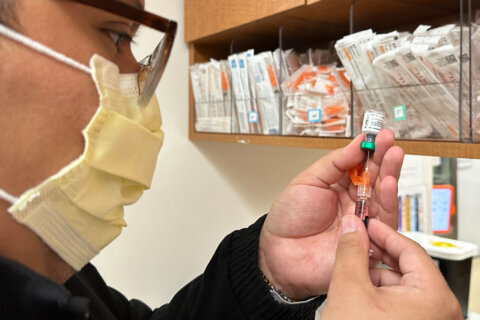HIV-positive is a chronic condition that can be controlled with daily doses of medicines but there’s no known cure. However, there have now been three cases of HIV being put into remission that a D.C.-area researcher finds “exciting.”
The research was conducted by the International Maternal Pediatric Adolescent AIDS Clinical Trial Network that is funded by the National Institutes of Health.
Each case, the most recent announced on Feb. 15, involved use of stem cells modified to prevent the ability of HIV to replicate and continue to infect the body.
The use of those stem cells, however, happened under extreme circumstances.
“All had acute leukemia; all had to go through severe chemotherapy; and then had a stem cell transplant. Those are not simple, benign treatments that everyone could have,” said Dr. Michael Horberg, an infectious disease doctor at Kaiser Permanente, who is a leading HIV/AIDS researcher. Horberg was not affiliated with the published findings.

The third case of remission has the study’s team saying that “stem cell transplantation should be considered to achieve HIV remission and cure for people living with HIV who require such a transplant for other diseases.”
The first case of remission involved a man who lived 12 years in remission and was considered cured before dying of leukemia in September 2020. The second case involves a man who has been in HIV remission for more than 30 months. The third case involves a woman who has had no detectable HIV in the 14 months since she stopped taking antiretroviral therapy.
“It’s very exciting. I have been practicing HIV medicine since 1988. So for me to see the evolution of treatment, evolution of patients living longer has always been a great encouragement,” Horberg said. “Of course, the goal has always been to find a cure. And this is just one more bit of knowledge on that path to finding a cure.”








